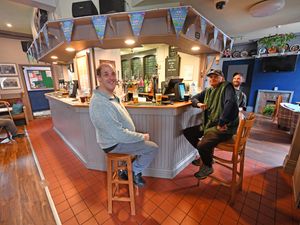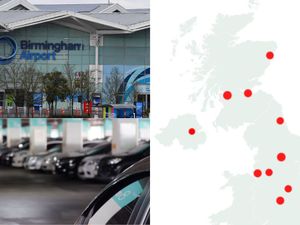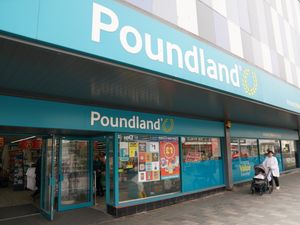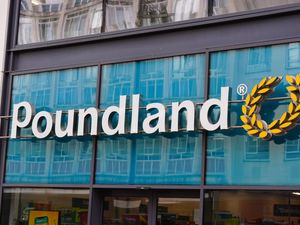We spoke to a West Midlands-based philosopher to find out what Liz Truss actually believes
Liz Truss cut an unpopular figure following her chancellor's disastrous fiscal event, but her decision to mini-budget her way into the public's bad books was driven by other peoples' ideas.
Politicians are rarely the greenhouse of fresh thought we credit them with, and the ideologies they implement and the philosophies they profess to believe in are born and nurtured elsewhere.
Even Margaret Thatcher took a large amount of her ideas from right-wing think tanks. At least that's according to a Conservative philosopher we spoke to earlier this week.
We interviewed the philosopher, who's based in the West Midlands, to find out more about the ideology and philosophy that underpins everything the Prime Minister has done so far and everything she's likely to do in the future.
It's called Neoliberalism.
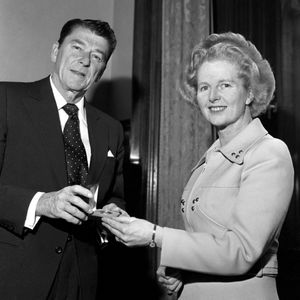
Neoliberalism is essentially the parent term for a series of similar schools of thought, most famously put into practice in the Western world in the early 80s by Margaret Thatcher and US President, Ronald Reagan.
Conservative philosopher Jake Scott, based at the University of Birmingham, explained what in his view, it all means.
"The ideology to which Liz Truss subscribes is one in which the institutions of state are primarily levers for enriching the material wealth of the people over which that state governs," he said.
"What I mean by that is the focus of her philosophy and ideology is economic growth, and all other political institutions, mechanisms and traditions are means by which that is achieved.
"This is Neoliberalism.
"But the word Neoliberalism is overloaded with connotations these days to the extent that people don't really know what it means," he continued.
"The Neoliberalism that I think she subscribes to is a specific strand that emerged in the inter-war years of the 1920s and 30s.
"During that time, the Neoliberal revival was one in which the market and the state should be seen as distinct entities, but rather than the state pulling back from interfering with the market (traditionally Conservative), it actually is using the state to support and grow the market.
"The internal workings of the market are almost left alone, not completely, but the overall economic vision here is one in which the state's primary role is ensuring that it functions well."
The current Prime Minister may well be, then, focused almost exclusively on economic growth and everything else, including for example the environment, could be forced to take a back seat.
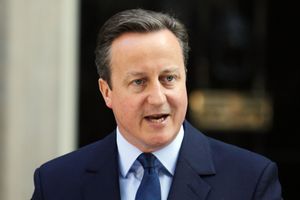
We can probably, therefore, expect less interference in peoples' social lives but also less help in staying financially afloat. David Cameron, for example, was different as he tried to use the power of the state to encourage family values and socially stable policies like "help to buy." We won't get that from Truss.
Whether her tunnel-visioned drive for growth will be beneficial for normal people and the environment in the long run remains to be seen, but critics argue it's not going to be pretty.


